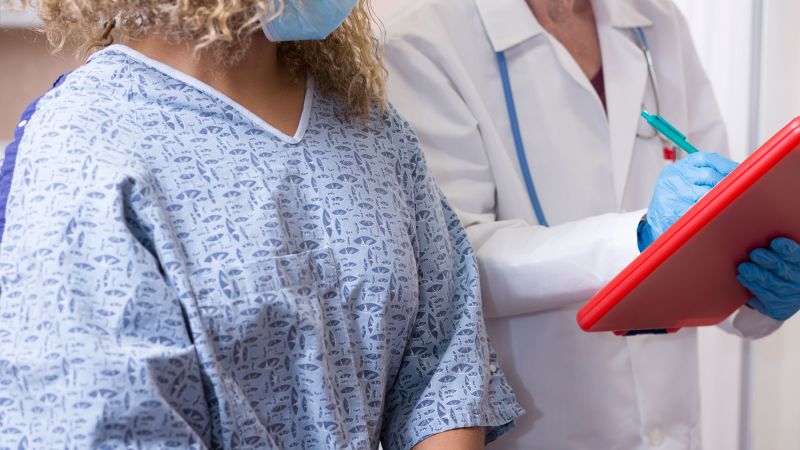Time: 2024-07-15

Though the vast majority of women are aware of the importance of early screening for various cancers and life - threatening health conditions , a survey commissioned by Hologic revealed that nearly half of those in the U.S. have skipped or delayed potentially life - saving tests . The survey included over 4,000 American women and found that while 90 % acknowledged the significance of regular screenings , more than 40 % admitted to postponing or completely skipping recommended tests , leading to what Hologic termed the Screening Action Gap . The survey highlighted that the size of the gap differed based on race , showing that Black women were significantly more likely to recognize the importance of screenings and less likely to skip or delay tests compared to other races.
The report underscored that the likelihood of women keeping up with regular screenings correlated with healthcare professional communication . Those who engaged in conversations with their doctors about the essentiality of early testing were more likely to participate in screenings . However , the survey noted that many women , especially those over 35 , had not discussed recommended screenings with their doctors . Additionally , Black women , while more likely to keep up with necessary screenings overall , trailed behind white and Hispanic women in cervical screening rates , pointing out a significant gap in healthcare access.
The most frequently skipped tests among the respondents were those for breast , cervical , and colon cancers , which are responsible for the deaths of over 70,000 U.S. women annually . Reasons for missing screenings varied , with lack of awareness , time constraints , and health anxiety being the top factors . The survey emphasized that 72 million American women miss essential screenings due to cost , anxiety , and previous negative experiences , calling for increased awareness , education , and policy changes to address the issue.
An estimated 72 million women in the U.S. have skipped or delayed recommended health screenings , despite 90 % acknowledging their importance . The survey conducted by Gallup for Hologic revealed that women face challenges in prioritizing their health , with more than 60 % finding it difficult to make health a top priority , especially among younger generations like Generation Z and millennials . Dr. Leana Wen emphasized the significance of regular health screenings for women , stressing the importance of early diagnosis in improving survival rates for various diseases , including cancer.
Regular screenings for breast , cervical , and colon cancers are essential , with recommended screening frequency varying based on age and risk factors . However , the survey highlighted a concerning trend of young women neglecting health screenings , which could impact early diagnosis and treatment outcomes . Dr. Wen advised women to discuss screening tests , reproductive health , mental health , and lifestyle factors with their healthcare providers to ensure comprehensive care and early detection of potential health issues.
The challenge lies in women having a regular healthcare provider and maintaining continuity of care to track their screenings effectively . Providers play a crucial role in initiating conversations about the importance of screenings , but many women lack access to regular healthcare and may only seek medical attention once symptoms manifest . Dr. Wen recommended that women keep track of their screenings and discuss their screening history with their doctors during annual check - ups to stay informed about their health status and upcoming screenings.